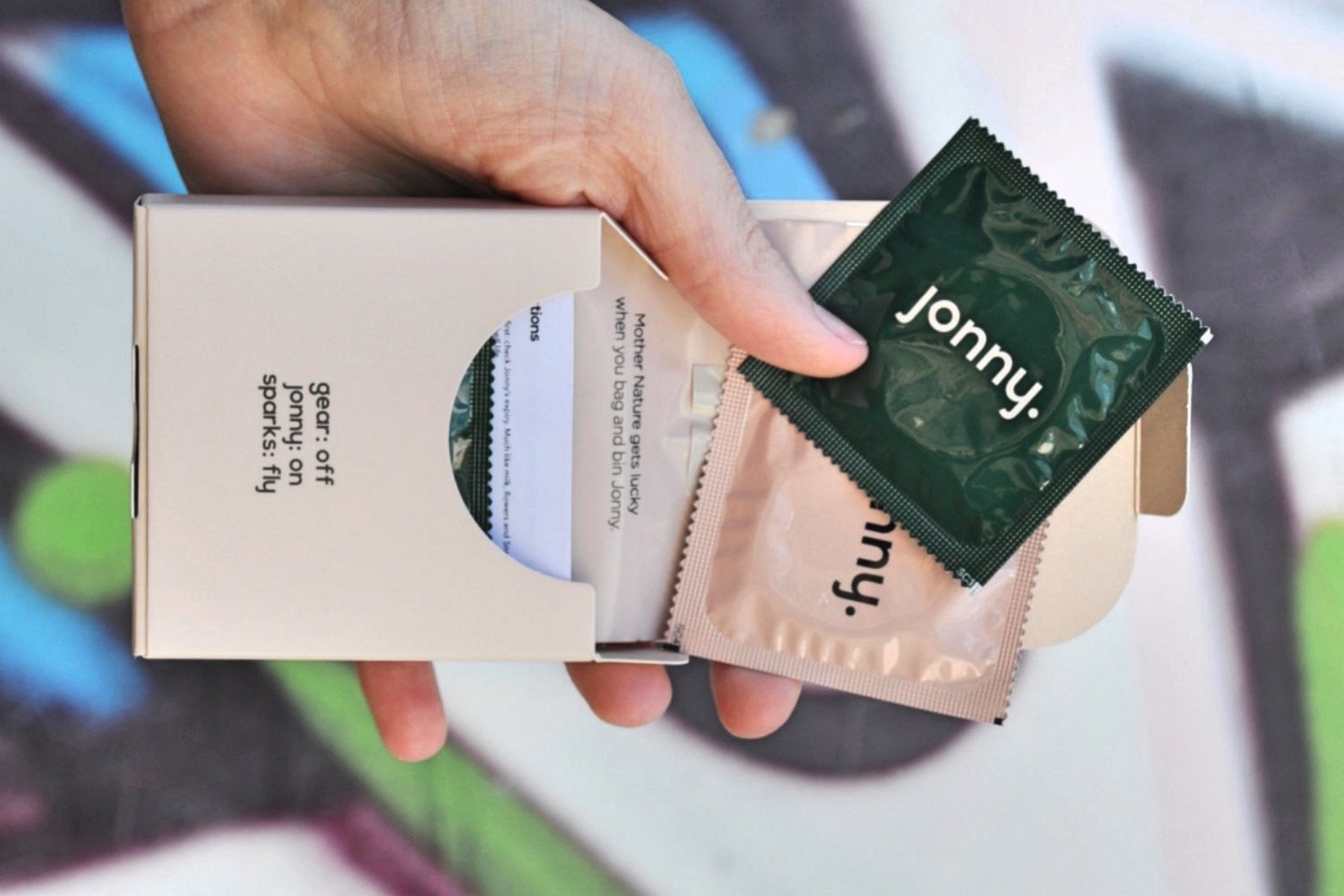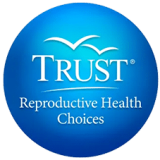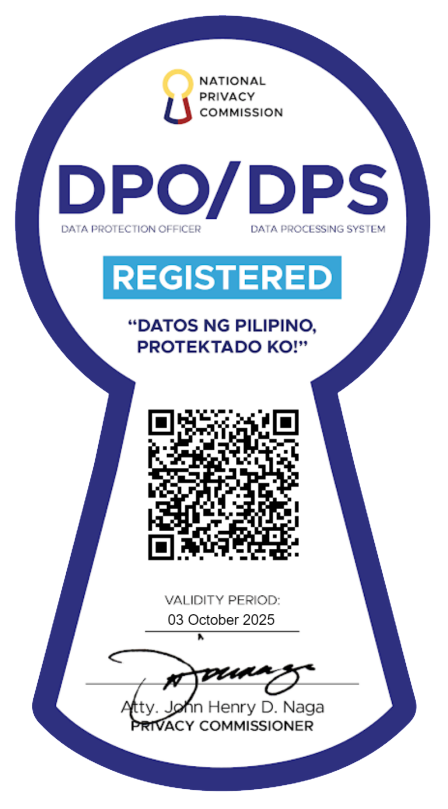
Eco-friendly Condoms: How Green Is Your Protection?
Estimated reading time: 7 minutes
Key Takeaways
- Sexual and reproductive health is a crucial topic in the Philippines.
- Eco-friendly condoms align sexual health practices with sustainable living.
- There’s a need to enhance education and accessibility related to sexual health.
- Technological and policy innovations can be game-changers.
Table of Contents
Current Landscape of Sexual and Reproductive Health in the Philippines
Overview of Sexual Health
Sexual health in the Philippines is shaped by a complex blend of cultural, religious, and policy-driven factors that significantly influence individual behaviors and societal norms. Adolescents in particular face substantial barriers, including societal stigmatization that can deter them from seeking necessary healthcare services. This lack of access contributes to inadequate healthcare utilization which is crucial for maintaining reproductive health. For more detailed insights, see this resource and this report.
Reproductive Rights and Policy Gaps
Despite the establishment of the Responsible Parenthood and Reproductive Health Act (RA 10354), significant gaps remain in its implementation. These gaps often result in unequal access to sexual and reproductive health services, especially for teenagers who seek confidential aid. The challenges are stark, noting disparities in service availability and rights fulfillment which are critical issues. For more information, refer to this source and this analysis.
Empowerment through Education and Accessibility
The Role of Education
Education serves as a cornerstone for empowerment in sexual health. The impact of Comprehensive Sexuality Education (CSE) and initiatives like the Adolescent Pregnancy Prevention Bill could be transformative, fostering a more informed young population capable of making empowered decisions. Current initiatives show promise but need expansion and deeper integration into public systems. For a further look into these initiatives, check these details.
Accessibility of Sexual Health Resources
The challenge of accessing sexual health resources is exacerbated by barriers like stringent parental consent laws and a shortage of resources. Innovative solutions such as digital platforms and adolescent-friendly clinics have begun to bridge this gap, making health resources more accessible than ever. Dive deeper into these developments with resources from this article. Additionally, consider how eco-friendly options like sustainable condoms can play a role in accessible sexual health.
Innovative Solutions and Future Prospects
Innovation in Reproductive Health
Technological advancements, including mobile apps, telemedicine, and AI, are revolutionizing sexual health education and accessibility. These innovations offer fresh pathways for engagement and education, especially among the youth. Notable contributions from international organizations also play a significant role in pushing these advancements forward. Discover more about these innovations here.
Future of Sexual Health Services
Looking forward, the integration of technology and thoughtful policy initiatives will define the trajectory of sexual health services in the Philippines. Developing responsive systems that can adapt to and integrate technological advancements will be crucial for future success. Insights on these trends can be found in this study. Additionally, exploring diverse condom options such as flavored and ultra-thin condoms can cater to varied user preferences. It’s also important to know when to switch family planning methods to maintain effectiveness.
Conclusion
Throughout this exploration, it’s clear that addressing gaps in sexual and reproductive health through education, better access, and innovative solutions is vital. We must continue to advocate for progressive policies and the adoption of eco-friendly solutions, like environmentally sustainable condoms, to ensure a healthy and green future.
Call to Action
Engage with existing initiatives and platforms to further your knowledge and get involved in advocacy for sexual health rights. Your involvement can drive the change towards more informed, accessible, and sustainable sexual health practices.
Frequently Asked Questions
How do eco-friendly condoms work?
Eco-friendly condoms function just like regular condoms but are made using sustainable materials and processes, minimizing environmental impact.
Where can I find reliable sexual health resources in the Philippines?
Reliable resources can be found through digital platforms, adolescent-friendly clinics, and reputable organizations that specialize in sexual health education and services.
What steps are being taken to improve sexual health education?
Steps include the implementation of Comprehensive Sexuality Education (CSE) and legislative measures like the Adolescent Pregnancy Prevention Bill to enhance awareness and education.







